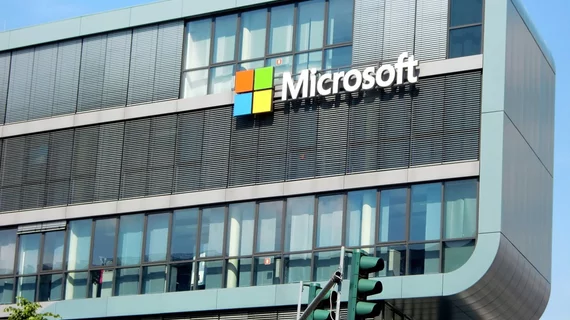Microsoft finetuning anti-pandemic technologies in a ‘stimulating playground for algorithm development’
A university, health system and tech giant are piloting the use of deep learning with IoT and edge computing to block COVID-19 from infiltrating a 548-bed hospital.
Microsoft publicized the project Nov. 5, saying its work with seven-hospital Providence Health Care of Canada and computer vision researchers at the University of British Columbia will leverage the technology combo to safeguard patients, staff and visitors alike.
It will first do so by monitoring PPE, social distancing and occupancy at St. Paul’s Hospital in Vancouver.
“First rolled out in the hospital’s emergency and radiology waiting rooms, and laboratory services, the project is facilitated using cameras that detect face mask usage and social distancing levels with a goal of eventually scaling to hundreds of cameras within high-traffic areas,” Microsoft News Centre Canada reports.
The cameras don’t gather information that could be used to identify individuals, Microsoft says.
Helge Rhodin, a UBC computer scientist, tells Microsoft that AI-driven computer vision “has come a long way, yet reaching the levels required for robust and widespread deployment in an ever-changing real world still holds many open challenges. This joint project on handling the new normal yields a stimulating playground for algorithm development within a framework of privacy and ethical computing.”

